Picture this: you’re enjoying a piece of your favorite chocolate as a late-night snack when suddenly a panicked question pops into your head, “Wait, doesn’t chocolate have caffeine in it?”
The ultra-short answer: yes it does. Some of the first caffeine-containing plants to arrive in Europe may even have been cacao plants brought back from the Americas in the 16th century.
Fear not, though, because it probably isn’t enough to keep you tossing and turning all night. The story of chocolate and caffeine doesn’t end there, though.
Read on to learn more about exactly how much caffeine chocolate has, what other psychoactive substances chocolate contains and whether you need to worry about them affecting how you feel.
How much caffeine is in chocolate?
Unsurprisingly, the answer to this question depends on the kind of chocolate you’re talking about.
Since the caffeine in chocolate comes from the cocoa beans that are used to make it, the more cocoa products a chocolate has, the more caffeine it will contain. Accordingly, dark chocolates are more caffeinated than milk chocolates.
In a 50 gram portion (a little less than two recommended servings), the average milk chocolate has about 10 milligrams of caffeine, while the average dark chocolate has around 20 milligrams. And since white chocolate doesn’t have any cocoa solids, it contains hardly any caffeine.
Compared to the average cup of coffee, which has around 80 milligrams of caffeine, a serving or two of chocolate shouldn’t affect your ability to sleep, or make you feel anxious or jittery like a triple espresso might.
What is theobromine?
Caffeine isn’t the only mood-altering substance caffeine contains, however. It also has a related compound in it called theobromine.
Chocolate contains much more theobromine than it does caffeine (over 200 milligrams in 50 grams of dark chocolate), and cacao plants are one of the leading sources of theobromine. In fact, the name of the chemical comes from the scientific name for the cacao plant, theobroma cacao.
Both caffeine and theobromine are part of a class of chemicals called methylxanthines, a name which refers to shared elements of their chemical makeup. While they have a similar chemical structure, however, caffeine and theobromine have different effects on humans.
What is the effect of theobromine on humans?
Being the most widely-used drug in the world, it’s no secret that one of caffeine’s characteristic effects is that it makes you feel more alert. There is little evidence, however, that theobromine on its own has a similar effect.
In combination, however, like they are found in chocolate, there is evidence that caffeine and theobromine can have a stimulating effect without the increase in blood pressure usually associated with caffeine alone.
Furthermore, some research has suggested that in moderate doses, theobromine might have some anti-inflammatory effects and be beneficial for heart health.
It’s worth noting that the effects of theobromine on humans is a fairly new area of study, and more research is necessary to fully understand this subject.
We do know for certain, however, that the theobromine and caffeine in chocolate can be poisonous to dogs, causing potentially fatal heart problems given the right dose.
Nothing to lose sleep over
While it’s part of what makes chocolate dangerous for dogs, for people, there’s nothing to be concerned about when it comes to the caffeine in chocolate.
Though both dark and milk chocolates contain caffeine, you can rest assured knowing that a moderate serving of either doesn’t have enough of the stimulant to keep you from falling asleep or to make you feel overly anxious.
There is even some limited evidence to suggest that caffeine — and its fellow methylxanthine, theobromine — can have some beneficial effects in the doses they’re present at in chocolate.
So if you’re concerned about how eating chocolate may impact your health, caffeine shouldn’t cause you any worries.
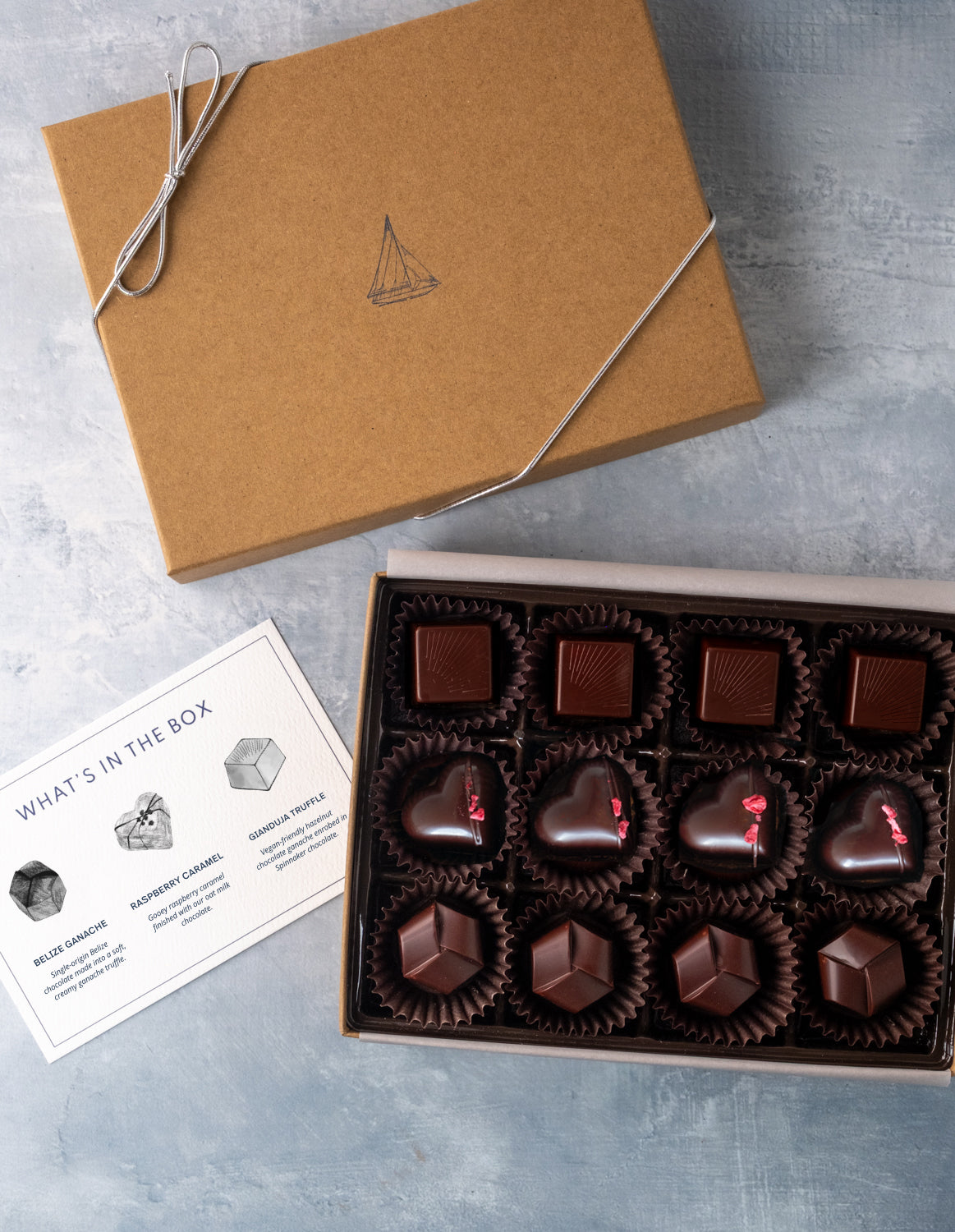
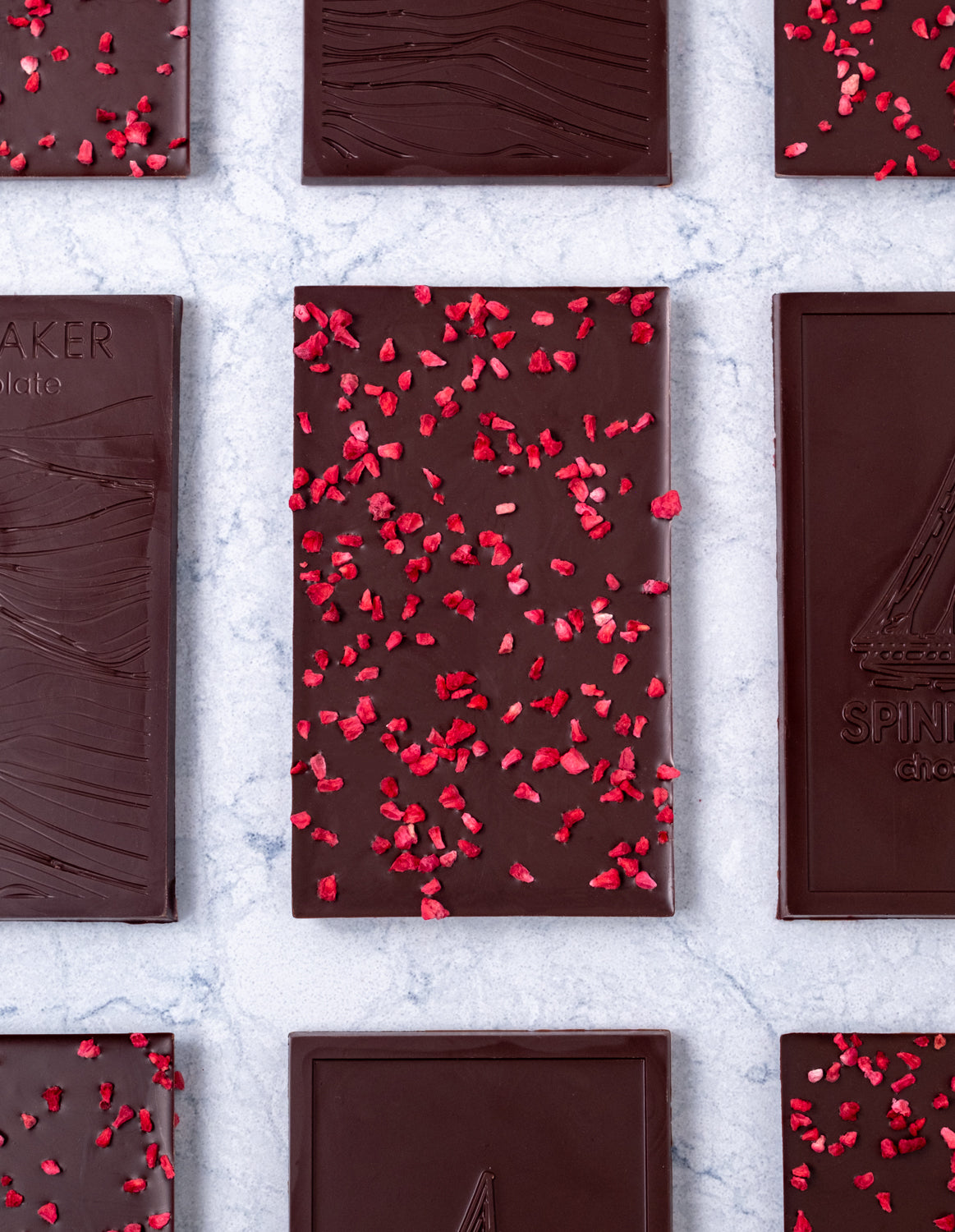


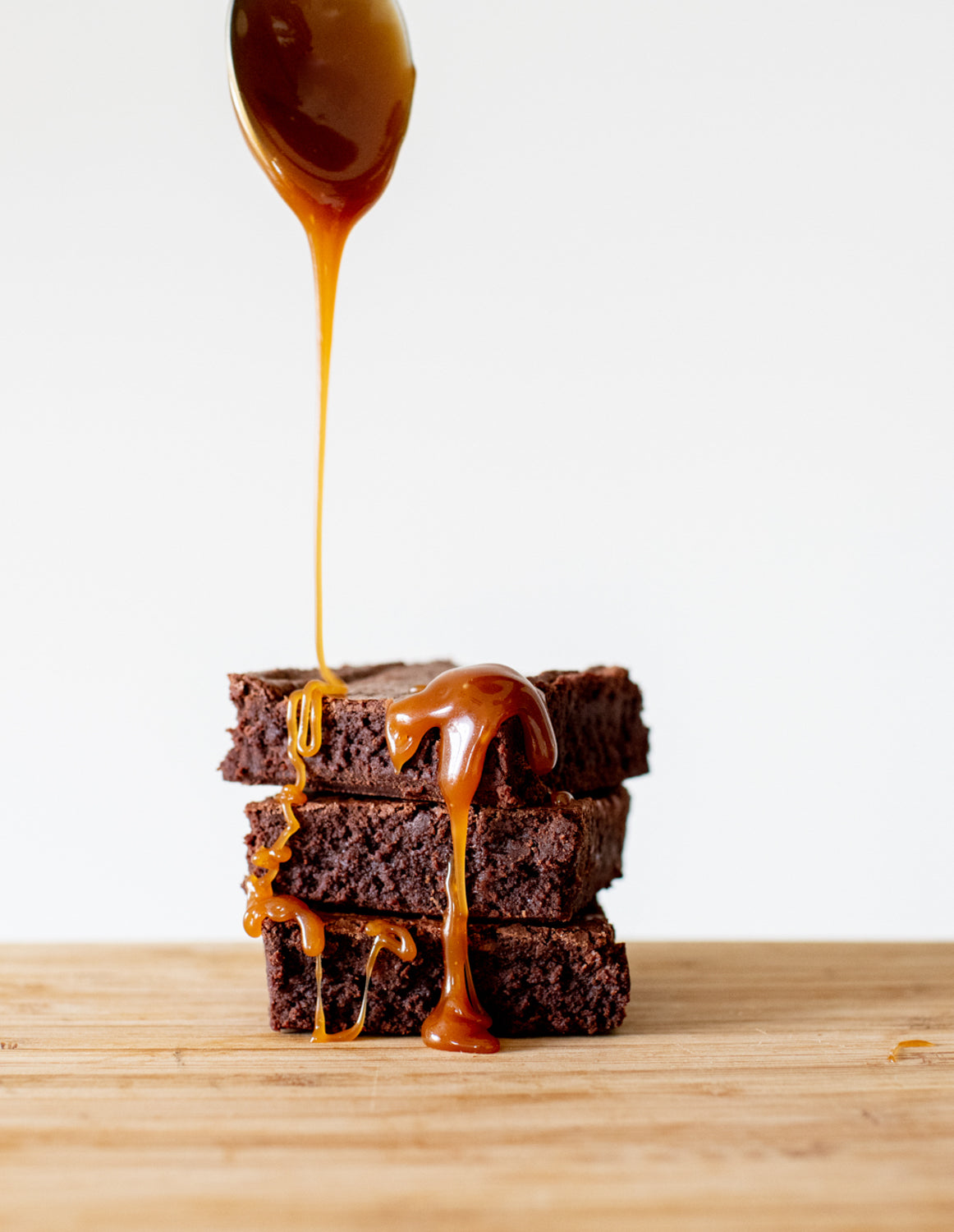
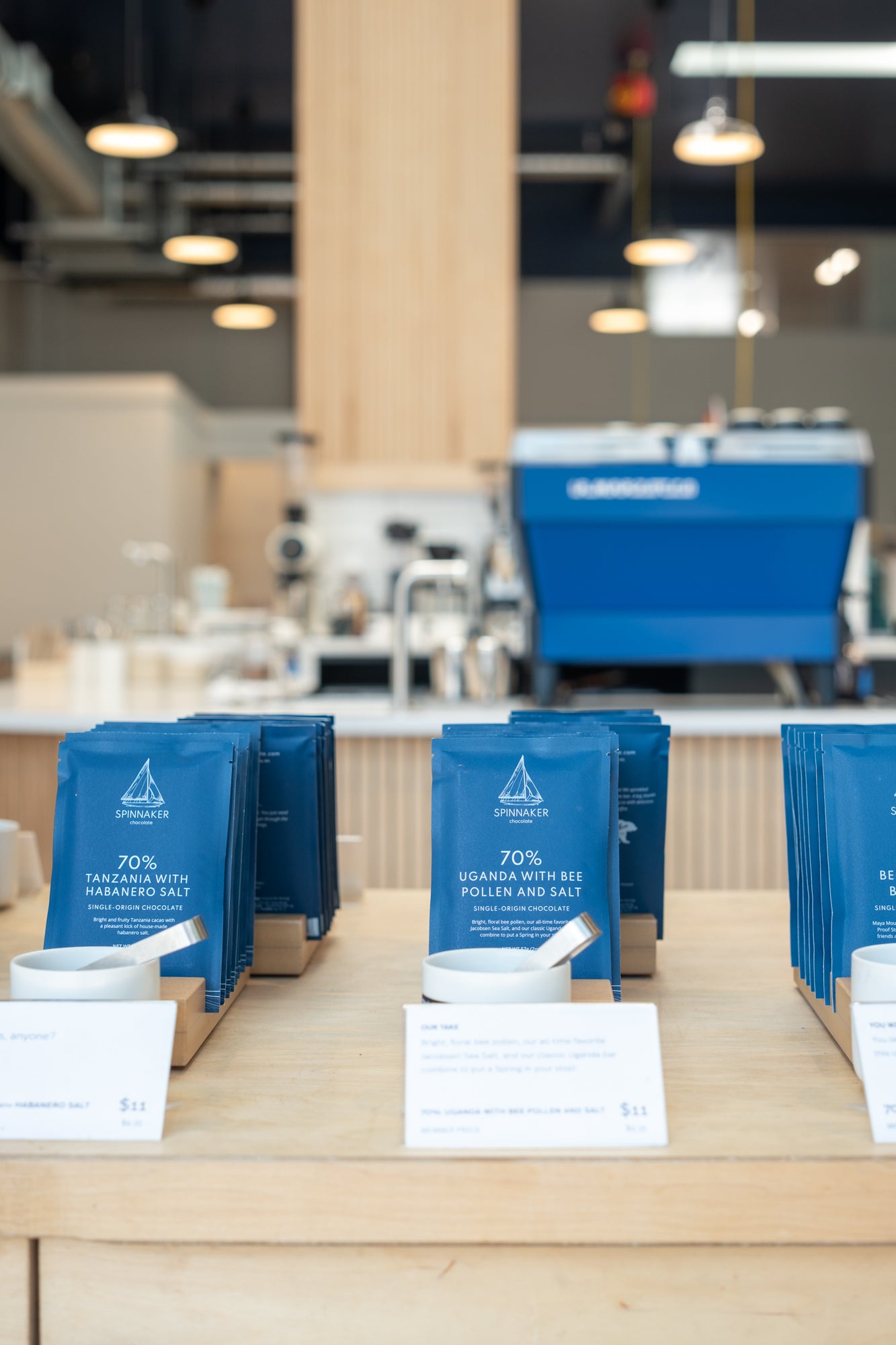
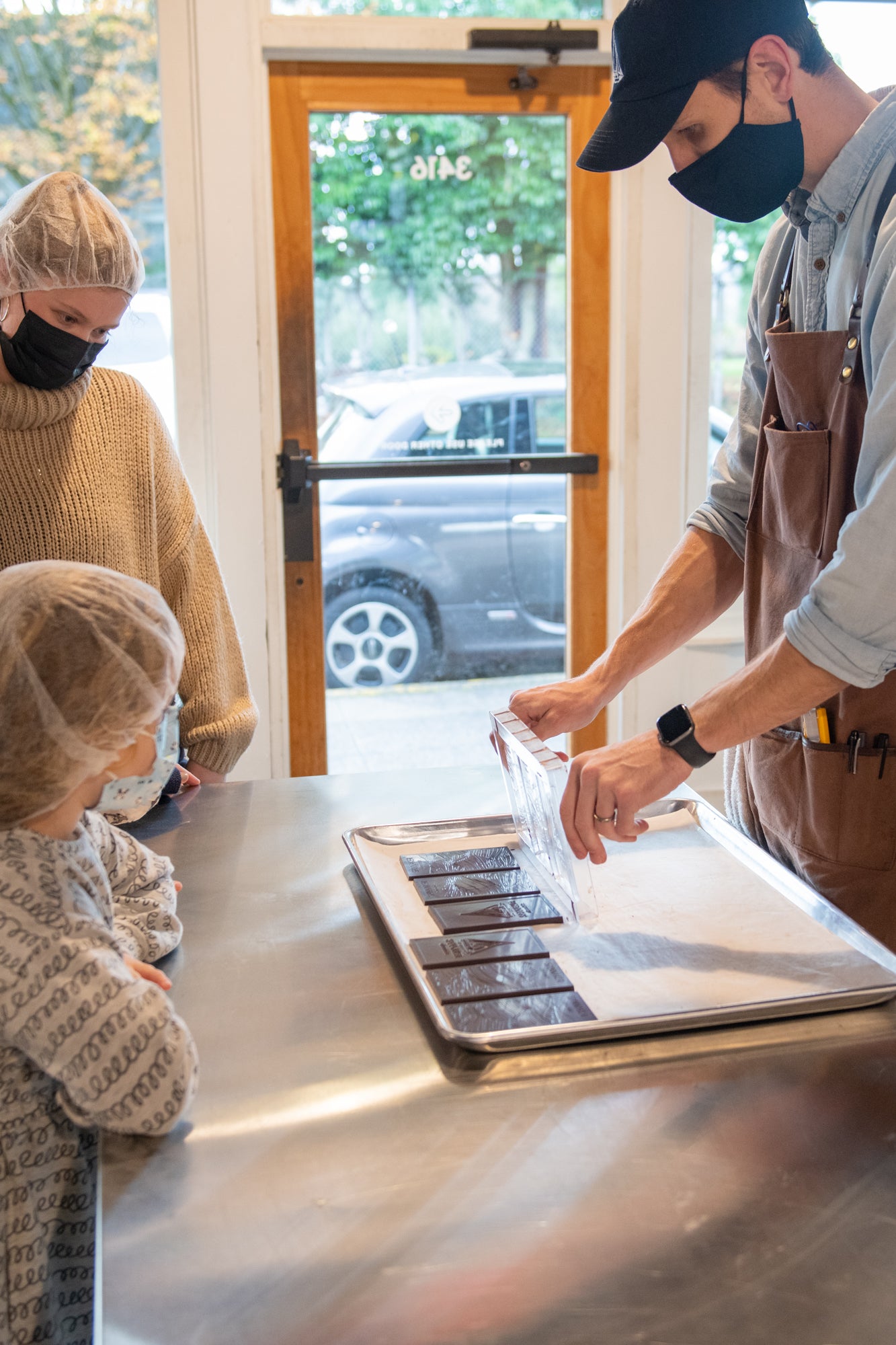
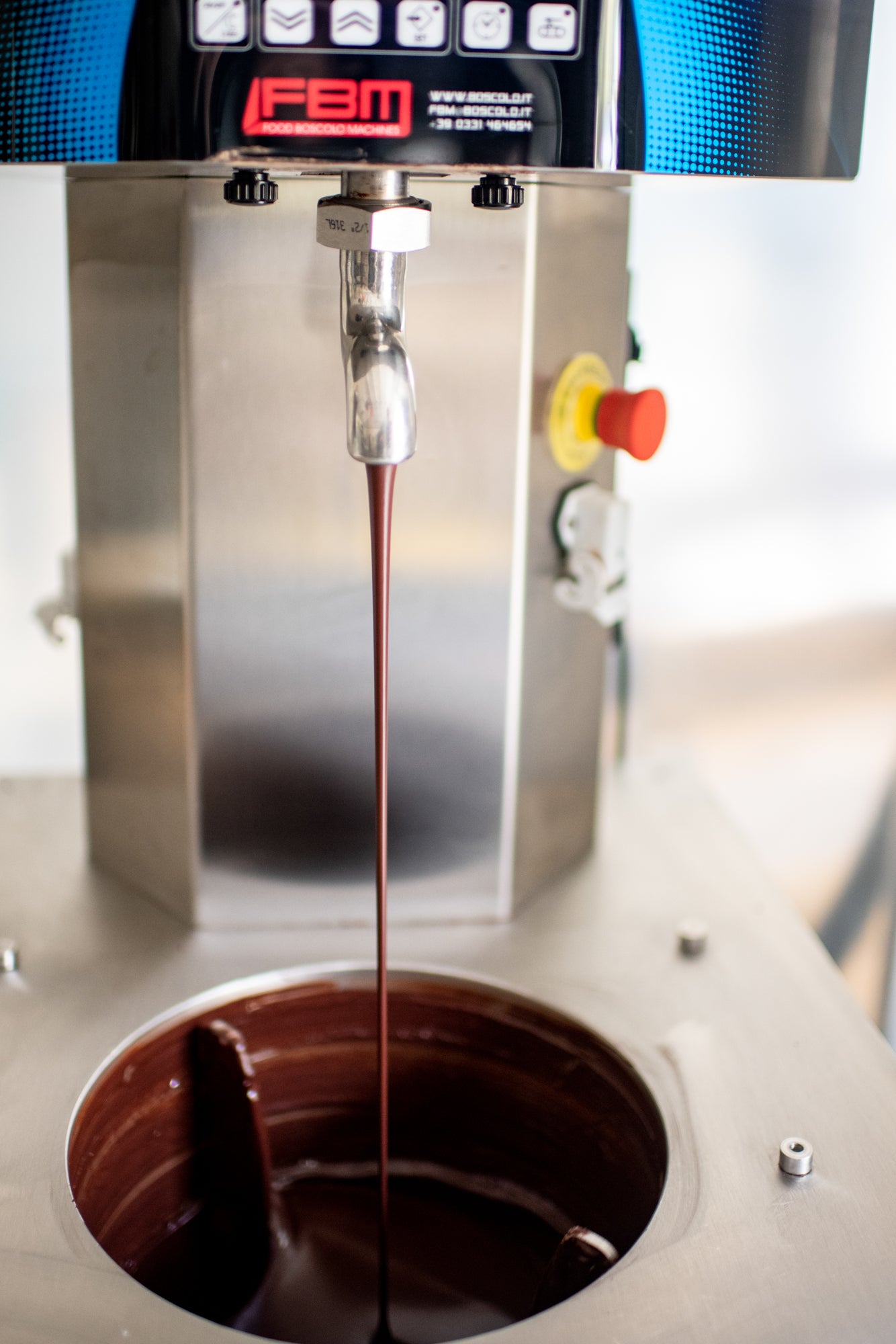
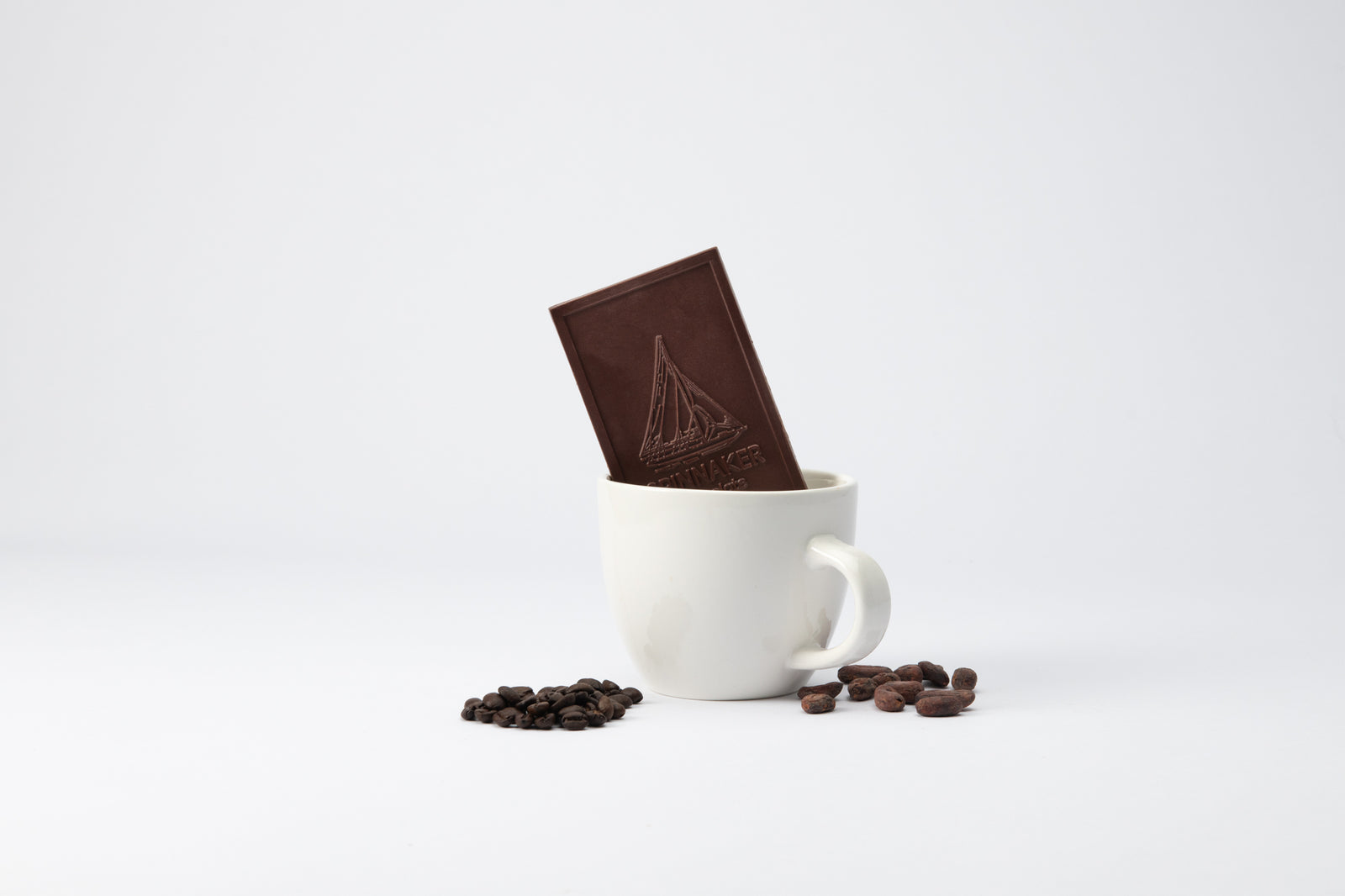

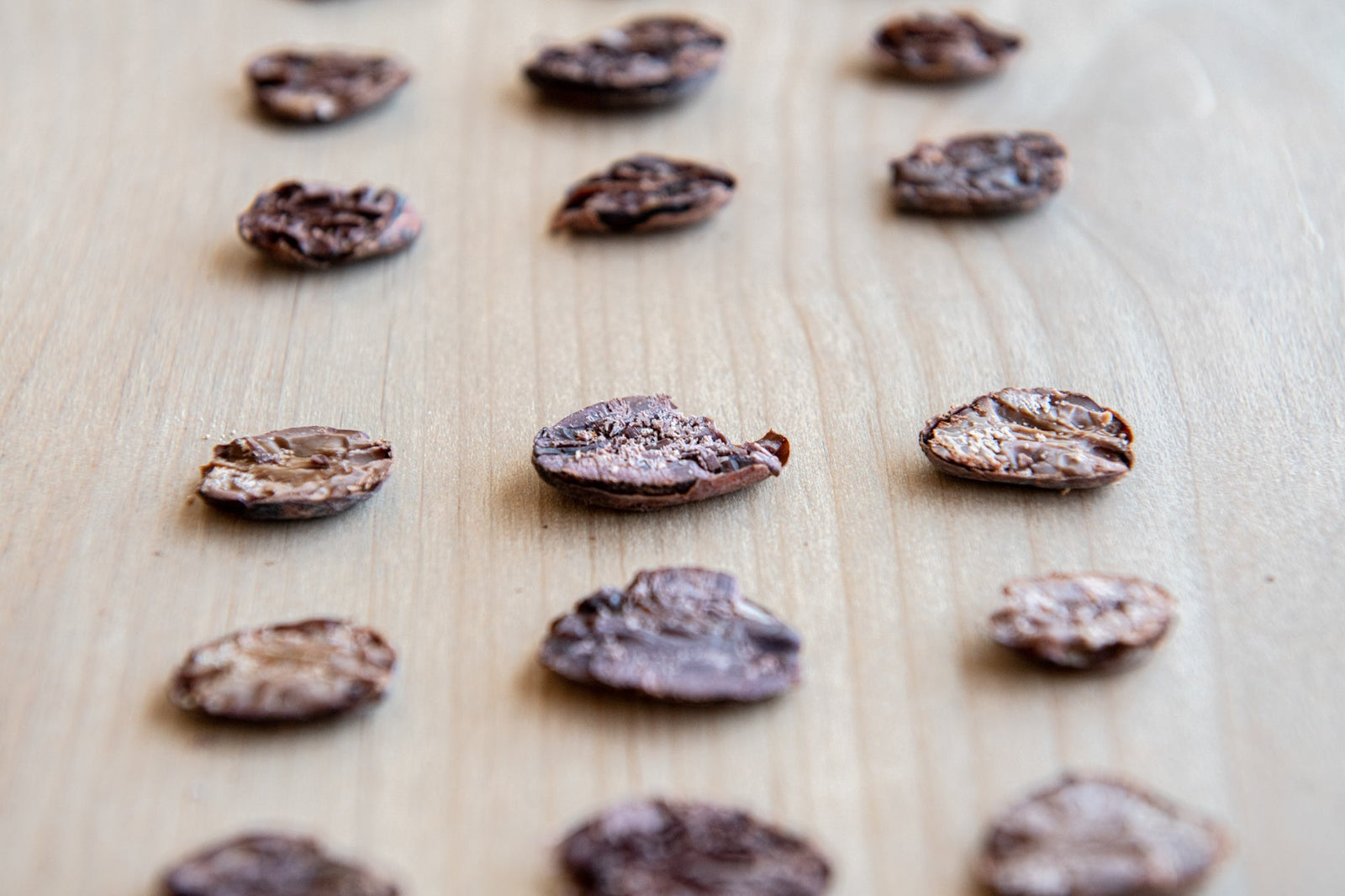
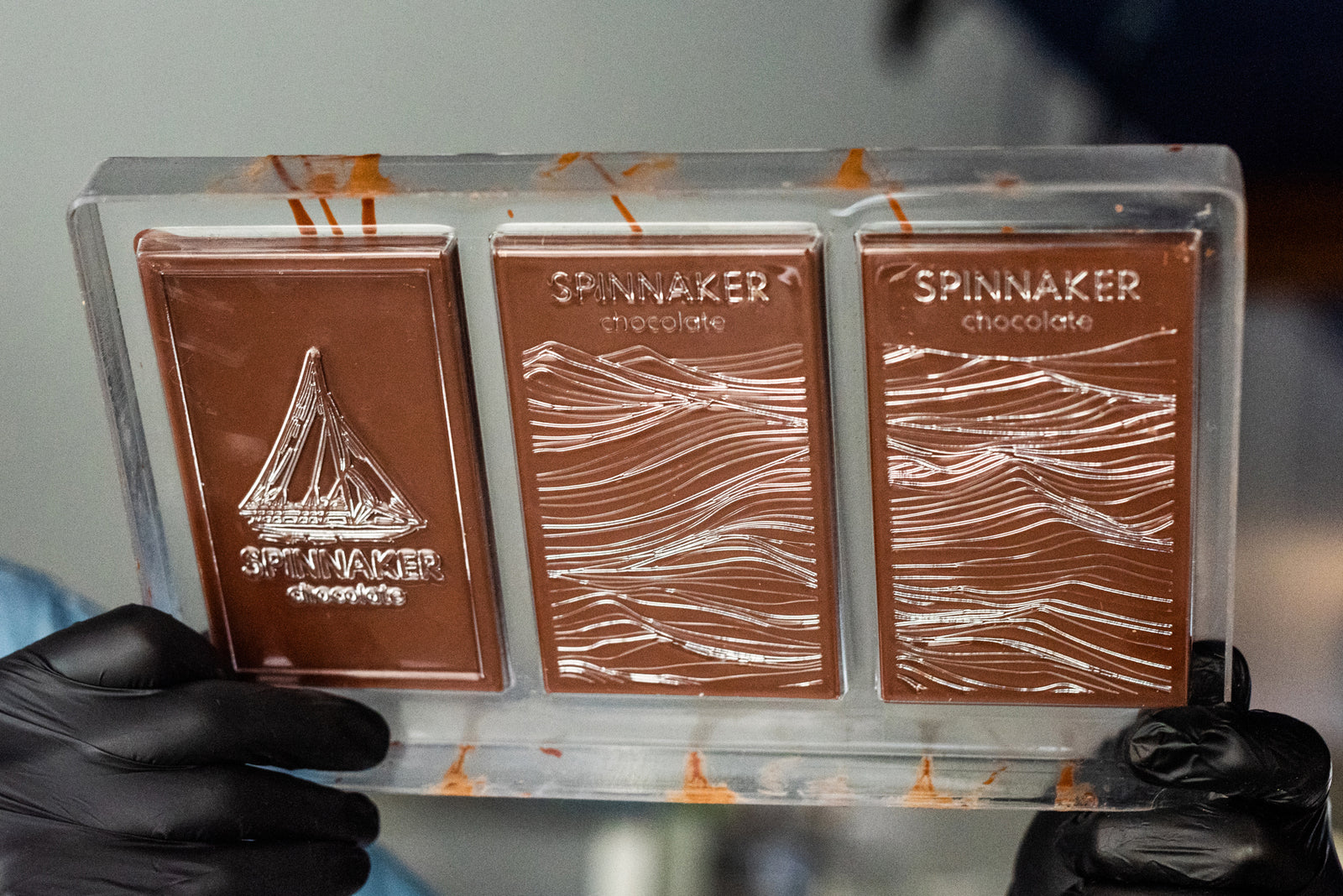
Leave a comment (all fields required)